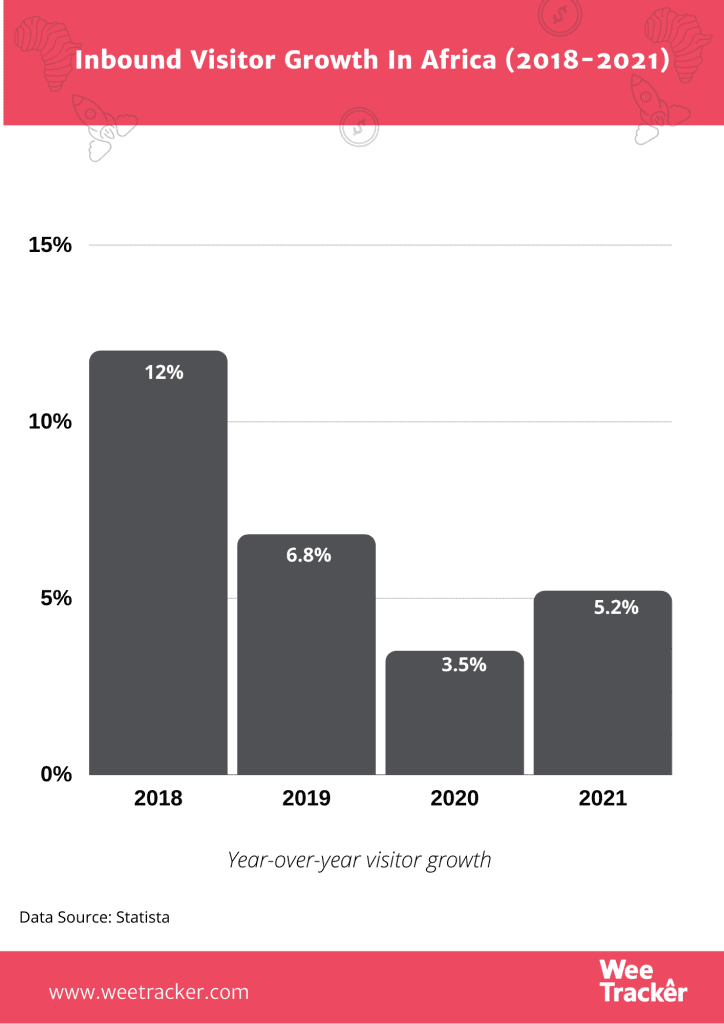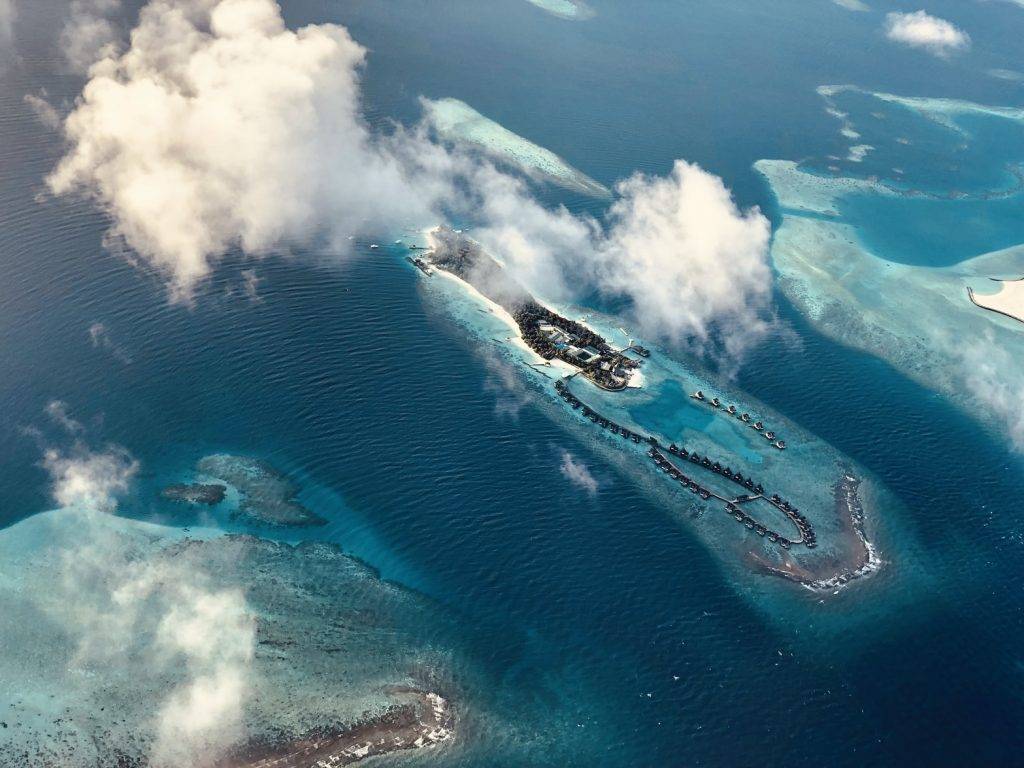Is Tanzania’s Mafia Island Style An Effective New Normal For African Tourism?

The era of the coronavirus pandemic has almost turned African tourism into a potential minefield. As the cases of the respiratory infection in the continent recently crossed the 1 million mark, reopening destinations to tourists is done cautiously. However, the Mafia Island model—a current prerogative of the East African country of Tanzania—may be the ‘new normal’ African tourism needs to feel itself again.
The Real Caution?
In most African countries, coronavirus cases are being continually recorded, albeit the easing of lockdowns and revival of economies. Some countries have started to open their borders and airspaces, in some part to wake their tourism industries from a pandemic nap. But so far, so good. While doing so with caution, some tourism hotspots may have been unable to find the right way to stay on track.
Reopening tourism in the present global situation is heavily hinged on caution, which could both be a boost and a drawback, depending on the approach taken and the state of things. In fact, the decline of inbound visitor growth reflects the current pandemic situation.

Take South Africa, for example. Despite having one of the most meticulous ways to attract tourism amidst the crisis, the fanfare has been put on an indefinite hold altogether, while it loses millions. As it is, tourism might not be up and running until 2021.
But while virus cases complicate matters in other parts of the continent, Tanzania’s model may be the answer. One of Africa’s top tourism destinations, the East African country is one of the first in the region to successfully reopen to both regional and international visits.
But the country isn’t just flinging its doors wide open. Rather, it is banking a style other African tourism-hinged economies could have a look at.
It was on June 1st, 2020 that Tanzania decided to let down the veil between its tourism and other parts of the world. At present, more than 40 percent of recognized tourism destinations are following suit. Tanzania, alongside Zanzibar, was among the first destinations to have comprehensive and workable SOP (Standard Operating Procedures) in place to make things work.
The Mafia Island Style
In conjunction with Zanzibar, Tanzania has designed a new kind of tourism that leaves the coronavirus far behind tourists, in a climate-friendly environment. Immersive, slow, local, and sustainable, the Mafia Island model is effectively a safe option for visitors who want to see Tanzania in the coronavirus pandemic.
Nevertheless, Tanzania is able to afford this approach because the country has been able to “contain” the virus. President John Magufuli declared the country free of the disease, having not recorded a single case of the infection ever since it capped 509 cases in June, 2020.
No less than 5,000 people in Tanzania’s Zanzibar tourism sector have lost their jobs due to the outbreak of Covid-19. Most of the employees, especially those in the hospitality vertical, were left with little to no means of livelihood after tourists hotels were shuttered and international flights grounded.

On the backs of its tourism rank and said freedom from the pandemic, Tanzania’s private industry has taken a lead in developing an approach that can be emulated by a number of niche market destinations. Mafia Island is a world-class beach and diving destination in Tanzania.
How Exactly?
Mafia Islands, for starters, established a ‘green channel’, which is a minimum-risk corridor of movement from arrival to first destination in the location. With this platform, visitors are assured of safety and care, especially as there is coordination all the way from the airport regulations down to the domestic terminals.
We send an email on this to all arriving guests and every person enquiring about a holiday – it is a positive marketing message – and we have blogged it and sent our policies and plans to all the agents in our lists.
“We are working in Mafia Island as Kinasi Lodge as if nothing has changed. But we had put in place all the necessary SOP. We did not message about “deep cleaning” or wearing face masks or any non-normal action. We posted the message that we were aware, prepared, and taking care”, Peter Byrne, CEO of Mafia Island in Tanzania, wrote for eTurboNews.
“This has been fully enabling and reinforced now by our no-Covid status, but not at the time we elaborated this message. We do not force guests to be temperature checked yet again (it will be done 4 times before they reach us). We make the normal safety hand-washes, sanitizers, gloves, and masks available but do not require their use,” he added.
The New Normal
In 2019, travel and tourism (T&T) contributed USD 168 Bn to African economies, according to date from the World Travel and Tourism Council (WTTC). A good number of African economies who lack mineral resources have taken to monetizing their beaches and wildlife.
For example, Rwanda and Uganda and popular places for mountain gorilla trekking, while Mauritius, Seychelles and Comoros form the African capital for seaside holidays.
But since March when the Covid-19 problem started happening, tourist spending has dried up and revenues in the industry hasn’t been flowing as before. As such, African countries need to come up with a contingency plan, as the threat to loose USD 120 Bn and millions of jobs is all too possible. The Mafian Island model could be a lifeline, especially for the nations whose Covid-19 curves have started flattening.
They can build a persona around the idea of “new tourism”, one that is slow, immersive, kind, and involving food, drinks, dancing, swimming, white sandy beaches, diving, bird watching, turtle hatching, a lighthouse, nature walks, and an amazing cultural experience.
The model can be easily adopted by countries that bear resemblance with Tanzania’s young population and extensive network of self-sufficiency when it comes to food production. Less industrialization, service-orientation and complication in economic distribution are also a plus, as they may efficiently ensure low infection rates that give visitors a feeling of safety.
Featured Image: The Ordinary Adventurer